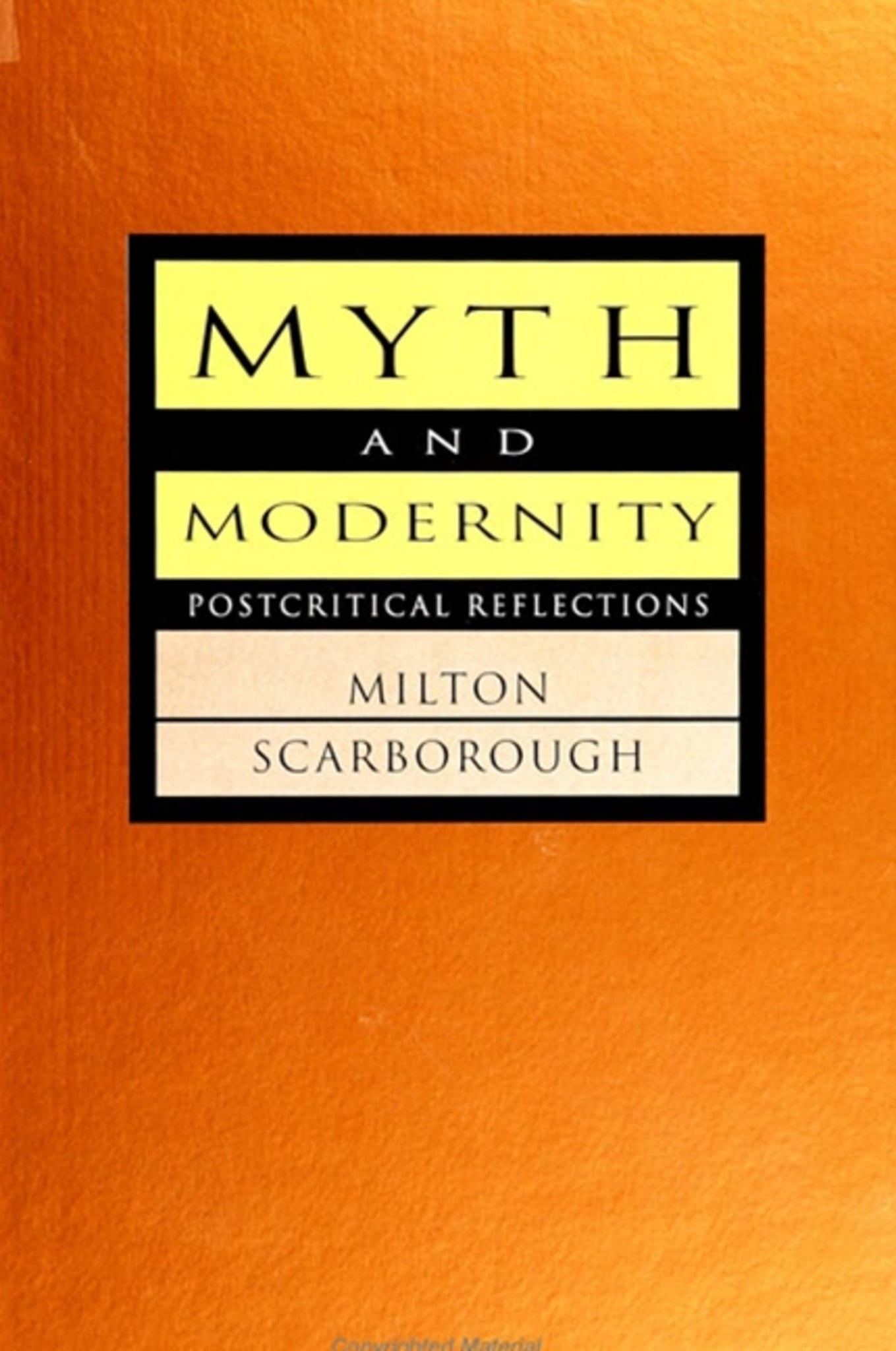We're sorry. An error has occurred
Please cancel or retry.
Myth and Modernity

Some error occured while loading the Quick View. Please close the Quick View and try reloading the page.
Couldn't load pickup availability
- Format:
-
01 July 1994

This book surveys selected modern theories of myth from philosophy, religion, anthropology, sociology, and psychoanalysis to demonstrate a common commitment to a dualistic ontology and/or epistemology. With help from the work of Maurice Merleau-Ponty and Michael Polanyi, the author proposes a new theory of myth which goes beyond these dualisms. It argues that although the Enlightenment sought to banish myth, it was itself animated by myths which it could neither recognize nor accredit. Moreover, it argues that myth is a primordial, articulate grasp of the life-world and is essential for providing a fundamental orientation to all human activities, including theorizing. The myths of Timaeus and Genesis are shown tacitly to shape modernity's most sophisticated theories in science and philosophy, including the criteria for truth.


"This book is an important voice in the current debate about the implications of pluralism, relativism, and nihilism for the culture and for the educational enterprise. But the fundamental contribution of the book is its hypothesis about how we think." — William Elford Rogers, Furman University
Acknowledgments
1. Modernity and the Crisis of Myth
2. Modernity on Myth
The Nature of Modernity
Modernity and Myth
Outside Down
Max Mueller: Myth as Explanation for Aryan Metaphors
The English Anthropolgoists: Myth as Animism, Totemism, and Magic
Outside Middle
Bronislaw Malinowski: Myth as Social Charter
Outside Up
C.S. Lewis: Myth as Fable and Fact
Inside Up
Ernst Cassirer: Myth as an Organ of Self-Revelation
Claude Levi-Strauss: Myth as Mediator between Culture and Nature
Inside Middle
Rudolf Bultmann: Myths as Possibilities for Human Existence
Inside Down
Sigmund Freud: Myth as Repressed Libido
Carl Jung: Myth as Archtypal Meaning
Problems with Modern Myth Theories
3. Myth at the Margins of Modernity
Myth at the Margins of Modern Thought
Mircea Eliade: Myths as Collective Participation in Common Symbols
Taylor Stevenson: History as Myth
Michael Novak: Myths as Guiding Images, Symbols, and Values
Myth at the Margins of Scientific Thought
Harvey Cox: Genesis as the Disenchantment of Nature
Stephen Toumin: Myth as the Misuse of Scientific Results
Michael Foster: Myths as Determinants of Scientific Method
Langdon Gilkey: Myths as Multivalent Symbols of the Transcendent
Edward Maziarz: Myth and Science as Formal Symbolic Structures
4. Myth in the Heart of Modernity
The Timaeus
Genesis
Timaeus versus Genesis
Big Bang versus Existentialism: Anthropology
Phenomenology versus History of Religions: Methodology
Covering Law versus Continuous Series Explanations: The Logic of Scientific Explanation
Myth versus History in Barthes' Structural Linguistics
The Tacit Dimension
Timaeus versus Genesis in Historial Perspective
5. Toward a Postcritical Understanding of Myth
Contemporary Physics and Cartesian Dualism
The Wave-Particle Dualism and Scientific Representation
The Uncertainty Principle
Goedel's Proof
The Phenomenological Turn
The Nature of Myth
Myth and Truth
The Truth of Myth in General
The Truth of the Timaues and Genesis
6. Epilogue
The Visual Imagination
Naming the Nomad
Notes
Index



